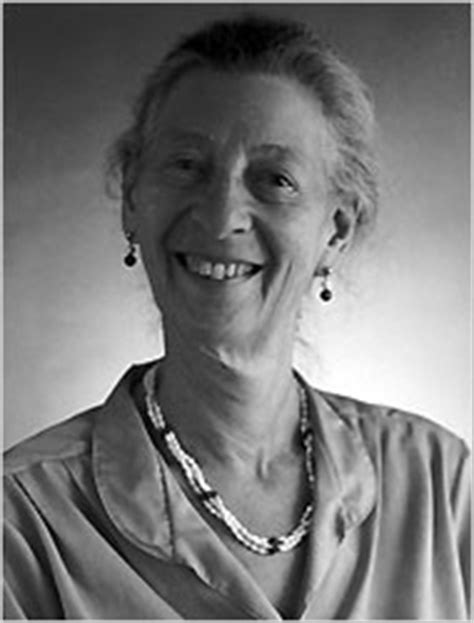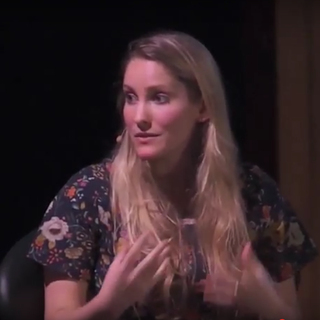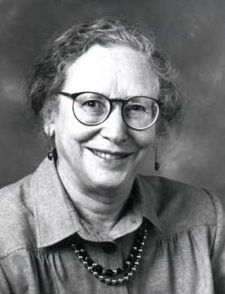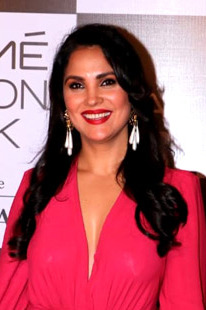A Quote by Rosa DeLauro
Those most likely to be raped or sexually assaulted are young women between the ages of 16 and 24, women with their whole lives ahead of them. This one act of violence will alter their lives forever.
Related Quotes
Now, should we treat women as independent agents, responsible for themselves? Of course. But being responsible has nothing to do with being raped. Women don’t get raped because they were drinking or took drugs. Women do not get raped because they weren’t careful enough. Women get raped because someone raped them.
Two thirds of the work in the world is done by women. Women own 1 percent of the assets. Young women are sold into prostitution, forced labour, premature marriage, forced to have children they don't want or they can't support. They're abused, raped, beaten up. Domestic violence is supposed to be a cultural problem. They are the first victims of war, fundamentalism, conflict, recession. And young women who have access to education and health care and have resources think that everything was done, they don't have to worry.
Women's childhood relationships with their fathers are important to them all their lives. Regardless of age or status, women who seem clearest about their goals and most satisfied with their lives and personal and family relationships usually remember that their fathers enjoyed them and were actively interested in their development.
As long as 85,000 women are raped every year and 400,000 sexually assaulted in England and Wales alone, it's hard to argue that there isn't a problem. Not to mention the fact that fewer than 1/3 of our MPs are female, that women write only 1/5 front page newspaper articles, that they're less than 1/10 of engineers and that 54,000 a year lose their jobs as a result of maternity discrimination... to name but a tiny sample of issues. It's not 'going too far' to demand equality, and we're certainly not there yet.
We remember when women were spoken of differently. I don't mean that we didn't speak of women sexually - that happened. It was never this crude: there wasn't the connotations, the violence. I think there's got to be a relationship between the coarsening of the culture, of which pornography was a piece of the puzzle.
The United Nations defines violence against women as any act of gender-based violence that results in, or is likely to result in, physical, sexual or mental harm or suffering to women, including threats of such acts, coercion or arbitrary deprivation of liberty, whether occurring in public or in private life.
Young women who come to Rise every weekend range from ages 15-19 years if they're in school and 19-24 years if they're out of school. These empowered young women talk about protecting themselves, their friends and communities and how they can educate people to help break the stigma surrounding AIDS.


































